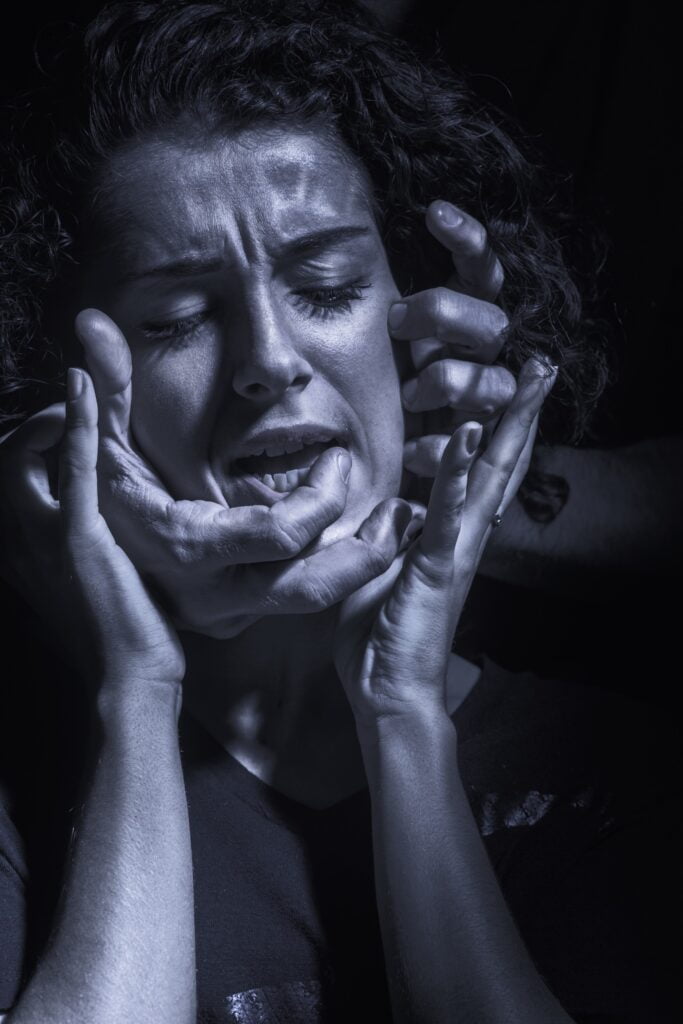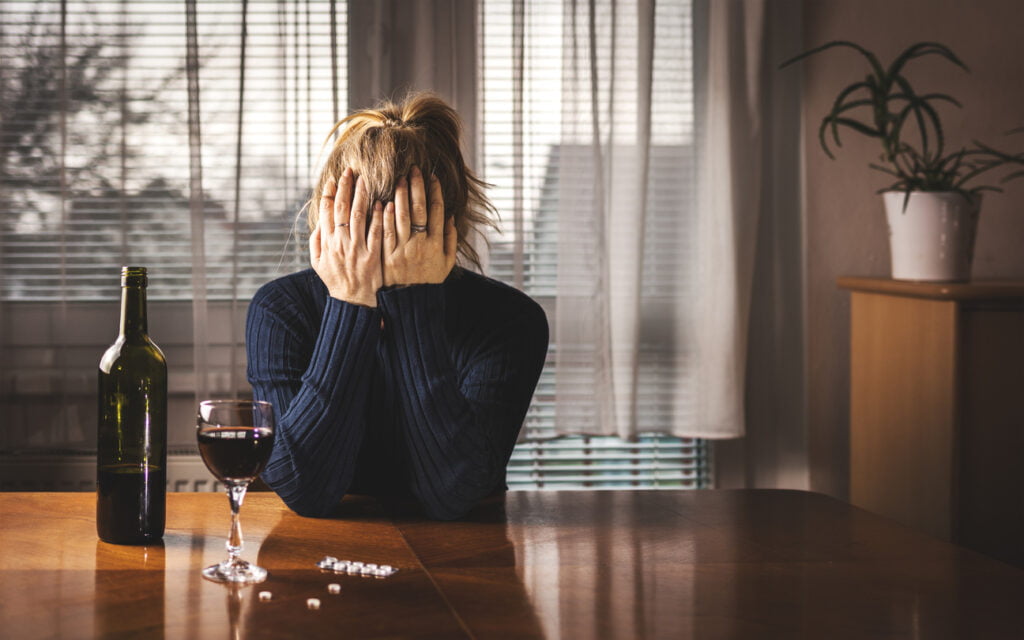Prescription Drug Addiction

Prescription drug addiction is a growing public health problem affecting many people worldwide.
While these medications are prescribed by doctors to treat various ailments, their misuse can lead to addiction and serious health consequences. Our clinic offers specialized treatment for prescription drug addiction, focusing on providing support and effective therapeutic methods for those struggling with this issue.
Addiction to prescription drugs can involve various substances, including opioids, benzodiazepines, antidepressants, and others. The problem often starts with the legal prescription of a medication but can turn into drug abuse due to their psychoactive and addictive properties.
The first step to recovery is recognizing the problem.
Prescription drug addiction is often difficult to identify, both by the addicted individual and those around them. Symptoms can be subtle and intensify gradually, making early intervention challenging. It’s important to pay attention to behavioral changes such as increased secrecy, avoidance of responsibilities, financial problems, or physical signs of addiction, including drug tolerance and withdrawal symptoms.
Treatment of Prescription Drug Addiction at "Reversed"
In recent years, the issue of addiction to prescription and over-the-counter drugs has become increasingly visible and discussed. This addiction can include both psychoactive substances and medications used in the treatment of chronic ailments.
The consequences of such addictions are far-reaching, impacting not only the health and well-being of the addicted person, but also their professional life, relationships with loved ones, and social situations.

Signs of Prescription Drug Addiction:
- Sleep problems.
- Taking increased doses of medications without doctor's supervision.
- Taking medications when not needed for health reasons.
- Seeking prescriptions – inventing stories about lost prescriptions.
- Unjustified anxiety when the drug supply runs out.
- A range of symptoms when access to drugs is cut off (irritability, anxiety, vomiting, muscle pain, insomnia, flu-like symptoms).
At "Reversed," the treatment of prescription drug addiction is divided into several stages:
- Recognizing the Problem: Identifying the addiction can be difficult. Important indicators include changes in behavior, such as increased secrecy or avoidance of responsibilities, and physical signs of addiction like drug tolerance and withdrawal symptoms.
- Professional Support: Treatment requires the support of psychiatrists, psychologists, and addiction therapists. Support can vary depending on the patient’s needs and the extent of addiction.
- Detoxification: The first stage of treatment is often detoxification, aimed at safely removing the addictive substance from the body under medical supervision to minimize withdrawal symptoms.
- Therapy: After detox, therapy aims to understand the causes of addiction, teach coping strategies without resorting to substances, and rebuild healthy relationships and habits. Therapy can include individual or group sessions, cognitive behavioral therapy, and other methods like family therapy.
- Post-treatment Support: Long-term support is crucial to prevent relapses and build lasting change. This can include sobriety maintenance programs and support groups.
- Challenges and Outlooks: Treatment is a long and challenging process that requires commitment. With the right support and motivation, recovery is possible. Education about the effects and risks of medication misuse is fundamental to prevention.
- Self-improvement: Working on oneself and building a healthy lifestyle is important in the recovery process. Physical activity, interests, developing passions, and maintaining healthy social relationships are key to regaining balance and building resilience against stress and other relapse risks.
Treatment of prescription drug addiction is a complex process requiring an individualized approach and the involvement of many parties. Although the journey can be difficult, with the appropriate help and support, recovery is possible. Clinics like “Reversed” play a key role in developing effective treatment methods and supporting those struggling with addiction, offering hope for a better future. Through the collective efforts of specialists, patients, and their loved ones, it is possible to overcome barriers and regain control over one’s life, moving away from the dark side of addiction towards a brighter future.


